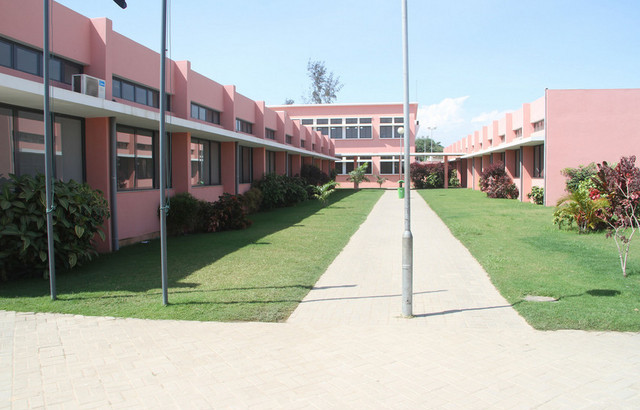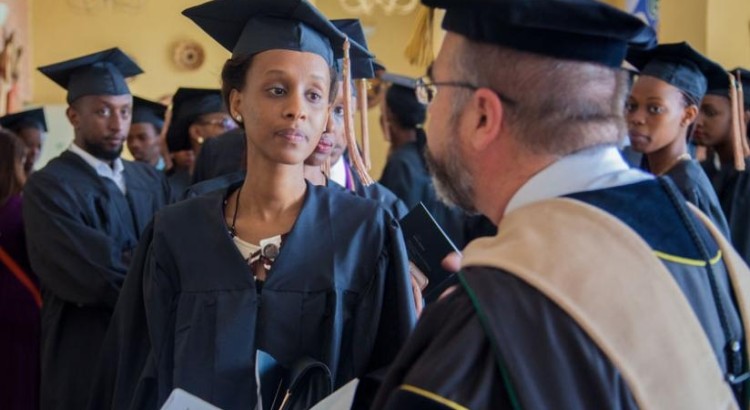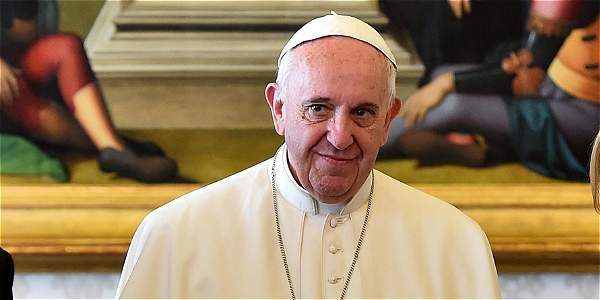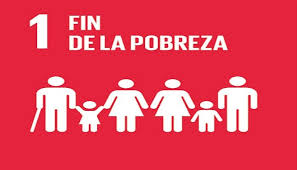www.eltiempo.com/08-04-2016/
Francisco publicó su exhortación ‘Amoris Laetitia’ en la que aborda temas como la homosexualidad.
¿Aué haría si al interior de su familia alguien le confesara que es homosexual cuando nadie más lo es? Sobre estas preguntas, el papa Francisco se refirió este viernes en su documento ‘La alegría del amor’ (Amoris Laetitia), el cual se originó de las dos reuniones que hicieron los obispos del mundo para hablar sobre la familia.
Frente a la imagen de un Papa ‘revolucionario’ e incluso de uno apóstata en ciertos grupos católicos, las preguntas más presentes eran si se aprobaría que los divorciados vueltos a casar se acerquen a comulgar o si la Iglesia católica aceptaría el uso de anticonceptivos –fantasmas que asustaban o ilusionaba a más de uno–, las cuales se aclararon por fin a la luz de este documento.
En ELTIEMPO.COM hemos tomado puntos claves para entender lo que dice el documento en materia de homosexualidad, uniones homofiliales, familias monoparentales, los divorciados vueltos a casar y la educación sexual.
Eso del ‘sexo seguro’ no es buena educación sexual
En el capítulo siete del documento hay un subtítulo que dice “Sí a la educación sexual”. En este aparte, Francisco retoma el sí que le dio la Iglesia católica hace 50 años a esta materia, el cual planteaba la necesidad de una “positiva y prudente” educación sexual para los niños y adolescentes conforme avanza su edad y “teniendo en cuenta el progreso de la psicología, la pedagogía y la didáctica”.
“Es difícil pensar la educación sexual en una época en que la sexualidad tiende a banalizarse y a empobrecerse. Solo podría entenderse en el marco de una educación para el amor, para la donación mutua (…). El impulso sexual puede ser cultivado en un camino de autoconocimiento y en el desarrollo de una capacidad de autodominio, que pueden ayudar a sacar a la luz capacidades preciosas de gozo y de encuentro amoroso”, señaló Francisco.
El pontífice señaló que con frecuencia la educación sexual se concentra en la invitación a ‘cuidarse’, procurando un ‘sexo seguro’, lo cual ve como una expresión que transmite una actitud negativa “hacia la finalidad procreativa natural de la sexualidad, como si un posible hijo fuera un enemigo del cual hay que protegerse. Así se promueve la agresividad narcisista en lugar de la acogida”.
Un homosexual en la familia debe ser tratado con dignidad
El Papa hizo un llamado a todos, sin excepción alguna, a respetar la dignidad que tienen todas las personas. “Deseamos ante todo reiterar que toda persona, independientemente de su tendencia sexual, ha de ser respetada en su dignidad y acogida con respeto, procurando evitar todo signo de discriminación injusta y, particularmente, cualquier forma de agresión y violencia”.
Francisco reconoció que para algunas familias no es fácil la experiencia de tener en el seno de su hogar a personas con tendencias homosexuales. No obstante, les recalcó que por su parte deben “asegurar un respetuoso acompañamiento, con el fin de que aquellos que manifiestan una tendencia homosexual puedan contar con la ayuda necesaria para comprender y realizar plenamente la voluntad de Dios en su vida”.
Uniones homosexuales no son matrimonio
“No existe ningún fundamento para asimilar o establecer analogías, ni siquiera remotas, entre las uniones homosexuales y el designio de Dios sobre el matrimonio y la familia”, así cita el documento en su numeral 251. El Papa señaló que tanto las uniones de hecho como las uniones no pueden equipararse sin más al matrimonio, pues ninguna ‘unión precaria o cerrada a la comunicación de la vida nos asegura el futuro de la sociedad’ (Lea también: ‘Solo la unión entre hombre y mujer cumple una función social’).
Además, el pontífice advirtió: “Es inaceptable que las iglesias locales sufran presiones en esta materia y que los organismos internacionales condicionen la ayuda financiera a los países pobres a la introducción de leyes que instituyan el ‘matrimonio’ entre personas del mismo sexo”.
Cuando se tiene que ser mamá y papá a la vez
El Papa señaló que hay que ser conscientes de que estas familias con frecuencia tienen su origen a partir de “madres o padres biológicos que nunca han querido integrarse en la vida familiar, las situaciones de violencia en las cuales uno de los progenitores se ve obligado a huir con sus hijos, la muerte o el abandono de la familia por uno de los padres y otras situaciones”.
Por tal motivo, hizo un llamado a las demás familias y a los grupos de las iglesias para que les brinden su apoyo y consuelo, pues hay que ser conscientes de que las problemáticas que afectan a estas familias a menudo son de tipo económico, como la incertidumbre del trabajo y la dificultad de la manutención de los hijos.
El rol de los divorciados vueltos a casar en la Iglesia Católica
Este es uno de los puntos que más dolores de cabeza produce en ciertos grupos católicos: ¿podrán comulgar o no los divorciados vueltos a casar?
Entre sus consideraciones, Francisco les hizo un llamado a los sacerdotes para que estén atentos a las diversas circunstancias por las cuales una persona llegó divorciarse y analicen las condiciones en las que se encuentra la persona. Esto con el fin de saber qué medidas tomar frente a cada caso para acompañarlos en su dolor y, en caso de estar en una nueva unión, para integrarlos a la Iglesia.
«A las personas divorciadas que viven en nueva unión, es importante hacerles sentir que son parte de la Iglesia, que ‘no están excomulgadas’, y no son tratadas como tales, porque siempre integran la comunión eclesial», dijo el pontífice.
El Papa puso sobre la mesa la importancia de reconocer que la Iglesia católica no puede esperar que los divorciados en una nueva unión rompan su vínculo, pues estas relaciones han dado paso a hijos y responsabilidades a las que no les pueden dar la espalda. De igual forma, Francisco señaló la importancia de incluirlos y acompañarlos en la Iglesia:
“¿Cómo podremos recomendar a estos padres que hagan todo lo posible para educar a sus hijos en la vida cristiana, dándoles el ejemplo de una fe convencida y practicada, si los tuviésemos alejados de la vida en comunidad, como si estuviesen excomulgados?”.
“Hoy, a pesar de nuestra sensibilidad aparentemente evolucionada, y todos nuestros refinados análisis psicológicos, me pregunto si no nos hemos anestesiado también respecto a las heridas del alma de los niños (…). ¿Sentimos el peso de la montaña que aplasta el alma de un niño, en las familias donde se trata mal y se hace el mal, hasta romper el vínculo de la fidelidad conyugal? Estas malas experiencias no ayudan a que esos niños maduren para ser capaces de compromisos definitivos”, afirmó Francisco en el numeral 246 de su exhortación.
Para consultar el documento completo haga clic aquí.
Nicolás Cortés Mejía
@Nicortes_m
ELTIEMPO.COM

















 Users Today : 6
Users Today : 6 Total Users : 35460679
Total Users : 35460679 Views Today : 10
Views Today : 10 Total views : 3419792
Total views : 3419792